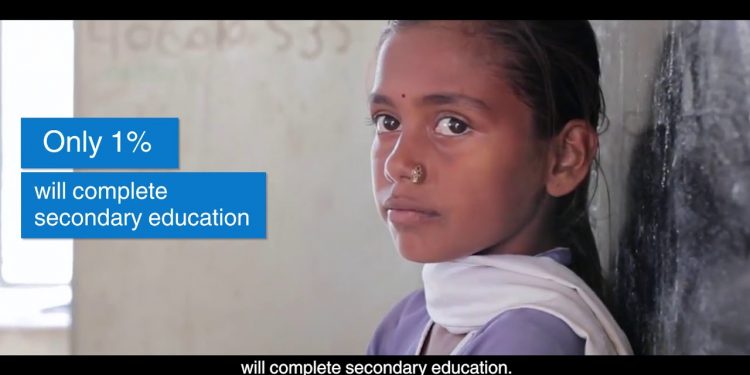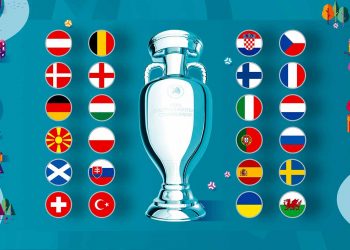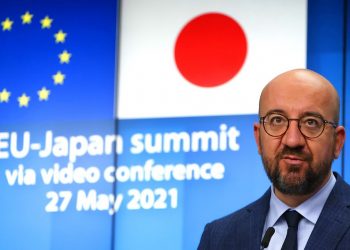Education budgets are not adjusting proportionately to the challenges brought about by COVID-19, especially in poorer countries. Despite additional funding needs, two-thirds of low- and lower-middle-income countries have, in fact, cut their public education budgets since the onset of the Covid-19 pandemic, according to the new joint World Bank – UNESCO Education Finance Watch (EFW).
Future cuts will be larger
In comparison, only one-third of upper-middle and high-income countries have reduced their education budgets. These budget cuts have been relatively small thus far, but there is a danger that future cuts will be larger, as the pandemic continues to take its economic toll, and fiscal positions worsen. These differing trends imply a significant widening of the already large spending disparities seen between low- and high-income countries.
According to the new report, prior to the COVID-19 pandemic, in 2018-19, high-income countries were spending annually the equivalent of US$8,501 for every child or youth’s education compared to US$48 in low-income countries. COVID-19 is only widening this huge per-capita education spending gap between rich and poor countries.
UNESCO Education Finance Watch (EFW)
EFW stresses that the education finance challenge is not only about mobilizing resources, but also about improving the effectiveness of funding. Unfortunately, recent increases in public education spending have been associated with relatively small improvements in education outcomes. Although access to education has improved, the learning poverty rate – the proportion of 10-year-olds unable to read a short, age-appropriate text – was 53 percent in low- and middle-income countries prior to COVID-19, compared to only 9 percent for high-income countries. COVID-19 related school closures are likely to increase this 53 percent share to as much as 63 percent.
This is a critical moment where countries need to recover the learning losses the pandemic is generating, invest in remedial education, and use this window of opportunity to build more effective, equitable, and resilient systems. The learning poverty crisis that existed before COVID-19 is becoming even more severe, and we are also concerned about how unequal the impact is. Countries and the international development community must invest more and invest better in education systems and strengthen the link between spending and learning and other human capital outcomes.
Education budgets over the last 10 years
EFW notes that global spending on education has increased over the last 10 years, but the signs are that the pandemic may interrupt this upward trend. Funding for education has grown most rapidly in low- and lower-middle-income countries, where the gaps between the funding needed to achieve the SDGs and current allocations are the widest. The deterioration in government finances over the medium-term suggests that without concerted efforts to prioritize education, the outlook for mobilizing the domestic resources required for education will worsen.
Her education, our future
#HerEducationOurFuture
Aid for education budgets has increased by 21 percent over the last 10 years. Disbursements had increased rapidly in the 2000s and fell between 2010 and 2014 in the aftermath of the great financial crisis. However, since 2014, aid to education has increased by 30 percent, reaching its highest recorded level of US$ 15.9 billion in 2019. However, fiscal constraints, other sectoral needs, and changes in student mobility patterns, suggest that external aid for education might fall at a time when it is needed most.
External financing is key to support the education opportunities of the world’s poorest. Yet donor countries are likely – and some have already begun – to shift their budget away from aid to domestic priorities. Health and other emergencies are also competing for funds. We foresee a challenging environment for countries reliant on education aid. UNESCO estimates that it may fall by US$ 2 billion from its peak in 2020 and not return to 2018 levels for another six years.
The EFWis a collaborative effort between the World Bank and the UNESCO Global Education Monitoring Report team. It will be produced annually following the main release of spending data by UNESCO’s Institute of Statistics. The EFW aims to draw together the best data available on all sources of education funding and monitor efforts to improve information on the levels and use of education funding. However, good quality and timely information on government, household, and aid spending in education is not readily available in all countries. This hinders planning and monitoring at a time when countries cannot afford any missteps.















